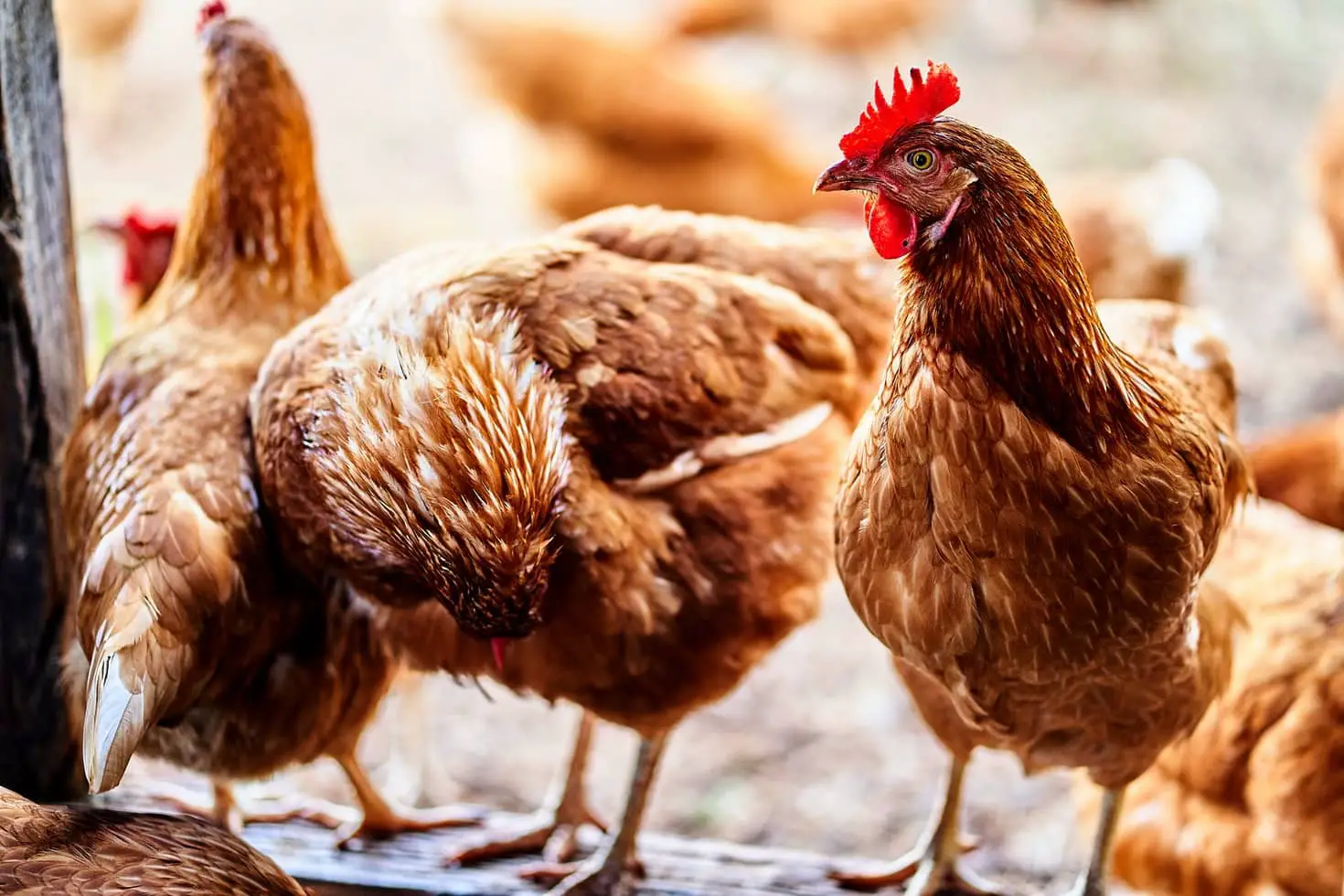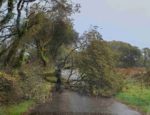All poultry and captive birds in England must be kept indoors from 7th November, the UK government has announced in a bid to contain an outbreak of avian influenza.
An Avian Influenza Prevention Zone (AIPZ) was declared across the country two weeks ago.
Mandatory housing measures
Now the UK’s chief veterinary officer, Christine Middlemiss, has stepped up mandatory housing measures meaning it will be a legal requirement to keep the birds indoors.
The new rules are set to come into force on Monday, 7th November to give owners time to make arrangements.
200 confirmed cases of the bird flu in the UK
There have been more than 200 confirmed cases of the bird flu in the UK since late October 2021, and the disease has been detected at more than 70 premises since the beginning of October – as well as multiple reports in wild birds.
Currently, there are no reported cases on the Island.
Middlemiss: Facing the largest ever outbreak of bird flu
The Chief Veterinary Officer is now encouraging all bird keepers to use the week to prepare, including taking steps to safeguard animal welfare, consult their private vet and expand housing where necessary
She said,
“We are now facing this year, the largest ever outbreak of bird flu and are seeing rapid escalation in the number of cases on commercial farms and in backyard birds across England.
“The risk of kept birds being exposed to disease has reached a point where it is now necessary for all birds to be housed until further notice.
“Scrupulous biosecurity and separating flocks in all ways, from wild birds remain the best form of defence.
“Whether you keep just a few birds or thousands, from Monday 7 November onwards you must keep your indoors. This decision has not been taken lightly, but is the best way to protect your birds from this highly infectious disease.”
New measures
The addition of housing measures to the AIPZ already in force across England means all bird keepers across England must:
- house or net all poultry and captive birds;
- cleanse and disinfect clothing, footwear, equipment and vehicles before and after contact with poultry and captive birds – if practical, use disposable protective clothing;
- reduce the movement of people, vehicles or equipment to and from areas where poultry and captive birds are kept, to minimise contamination from manure, slurry and other products, and use effective vermin control;
- keep records of mortality, movement of poultry and poultry products and any changes in production;
- thoroughly cleanse and disinfect housing on a continuous basis;
- keep fresh disinfectant at the right concentration at all farm and poultry housing entry and exit points;
- minimise direct and indirect contact between poultry and captive birds and wild birds, including making sure all feed and water is not accessible to wild birds;
- prevent access by poultry to ponds and watercourses and ensure that birds are kept in fenced or enclosed areas.
Report any possible cases
Keepers should familiarise themselves with the avian flu advice and report suspicion of disease to APHA on 03000 200 301.
Poultry keepers and members of the public should consult the latest guidance to check the latest threshold for reporting dead wild birds to the Defra helpline on 03459 33 55 77 and not touch or pick them up.
News shared by Isle of Wight council press office, in their own words. Ed
Image: Henrique S. Ruzzon under CC BY 2.0





